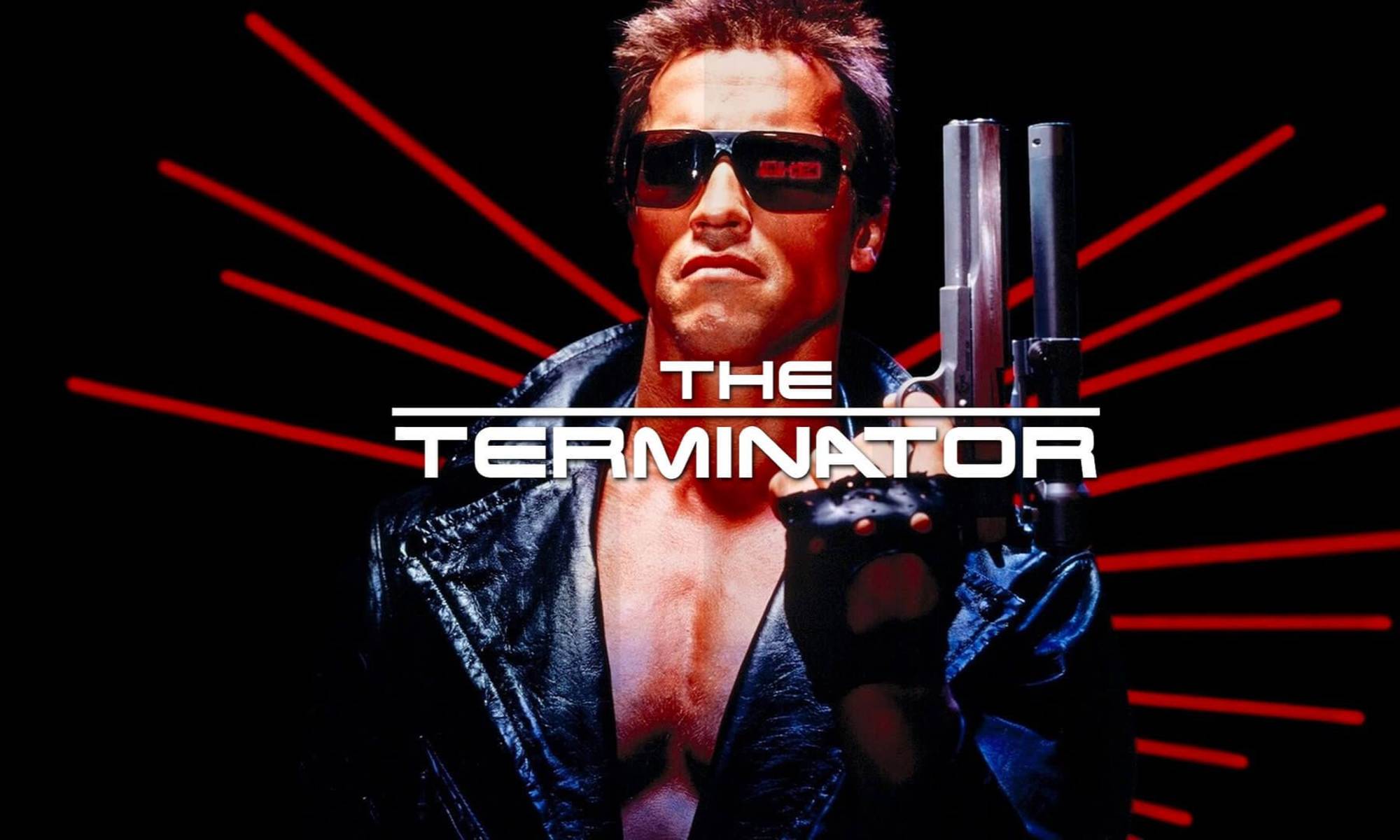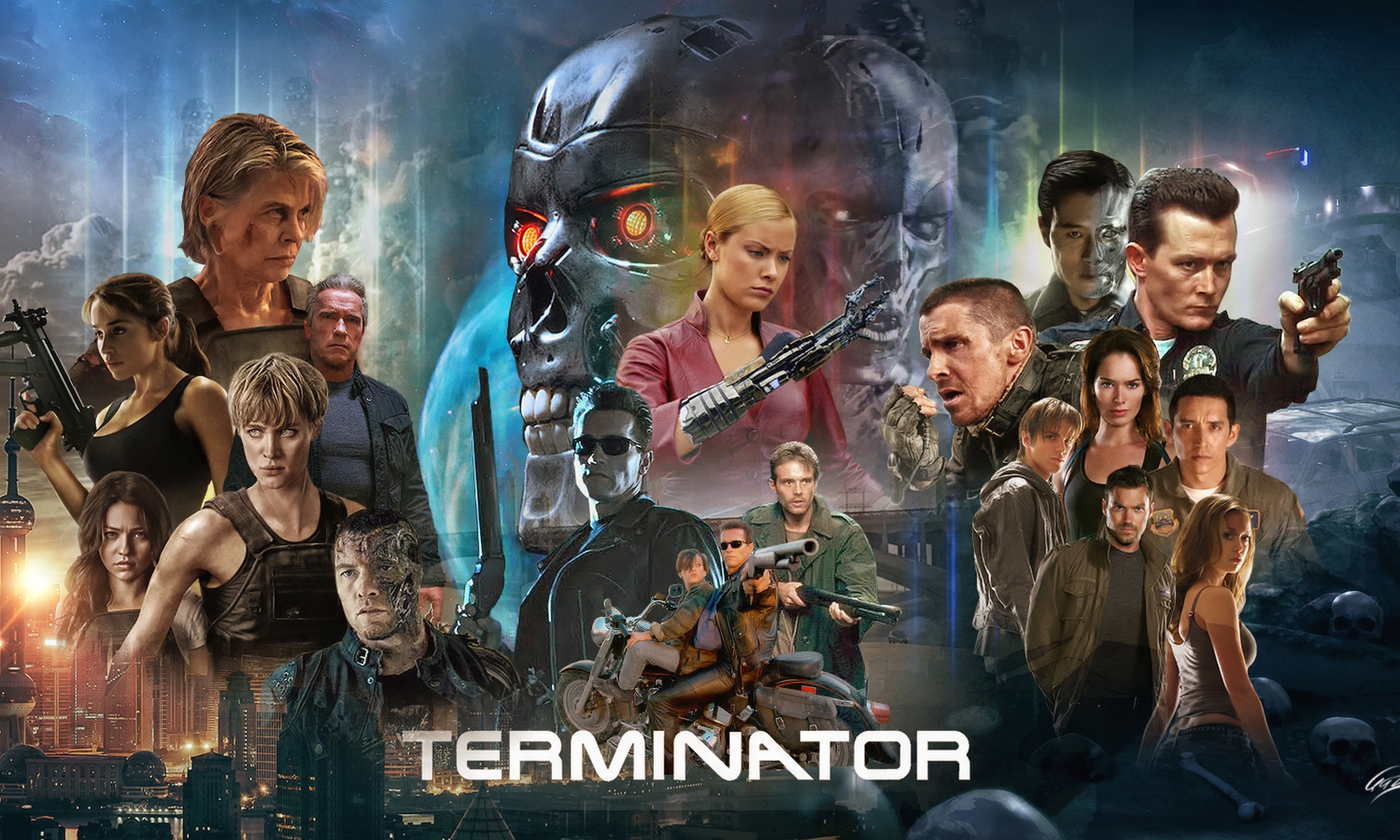Sarah Connor: Fight Fire with Fire
The night air was thick with the scent of gasoline and desperation. Sarah Connor sat alone in an abandoned gas station, her back against the cold steel of a rusted-out payphone. The boom of Metallica’s Fight Fire with Fire rattled through her earpiece, the song’s frantic opening—soft, deceptive, like the calm before a nuclear blast—building into an explosion of rage.
“Do unto others as they’ve done to you…”
She closed her eyes.
They called her crazy. A paranoid lunatic. A delusional woman obsessed with a future that no one else could see.
But she wasn’t crazy.
She wasn’t bipolar.
She wasn’t delusional.
She was a concerned, vigilant citizen.
The government had a file on her. She knew that much. The shrinks tried to medicate her, the cops tried to silence her, and the media called her a doomsday prophet. But none of them had seen what she had seen.
None of them had looked into the cold, dead eyes of a Terminator and lived.
“You may not share my belief, but you will share my fate,” she muttered under her breath, gripping the pistol in her lap.
The song raged on.
“Fight fire with fire… ending is near…”
Sarah exhaled. No. Not if she could help it.
She checked her watch. If her intel was right, a Skynet operative was scheduled to pass through this gas station in twenty minutes. A tech developer, unknowingly working for the machine. One step closer to Judgment Day.
They’d say she was hunting ghosts. That she was chasing shadows.
Let them talk.
She wasn’t waiting for the apocalypse.
She was here to stop it.
Sarah Connor cocked the gun, Metallica’s furious riffs fueling her resolve. The world thought she was crazy?
Good.
Because crazy people were the only ones willing to do what needed to be done.

